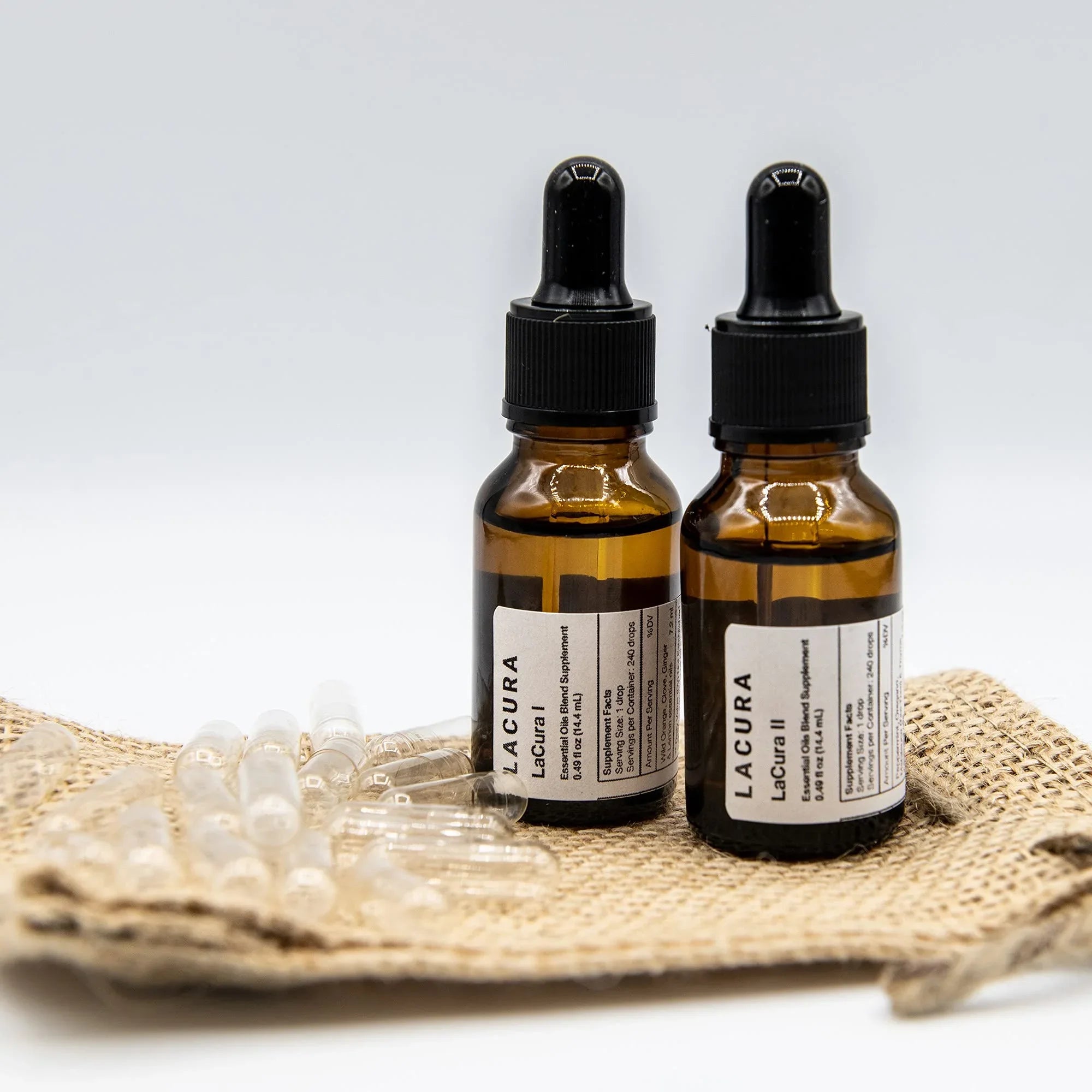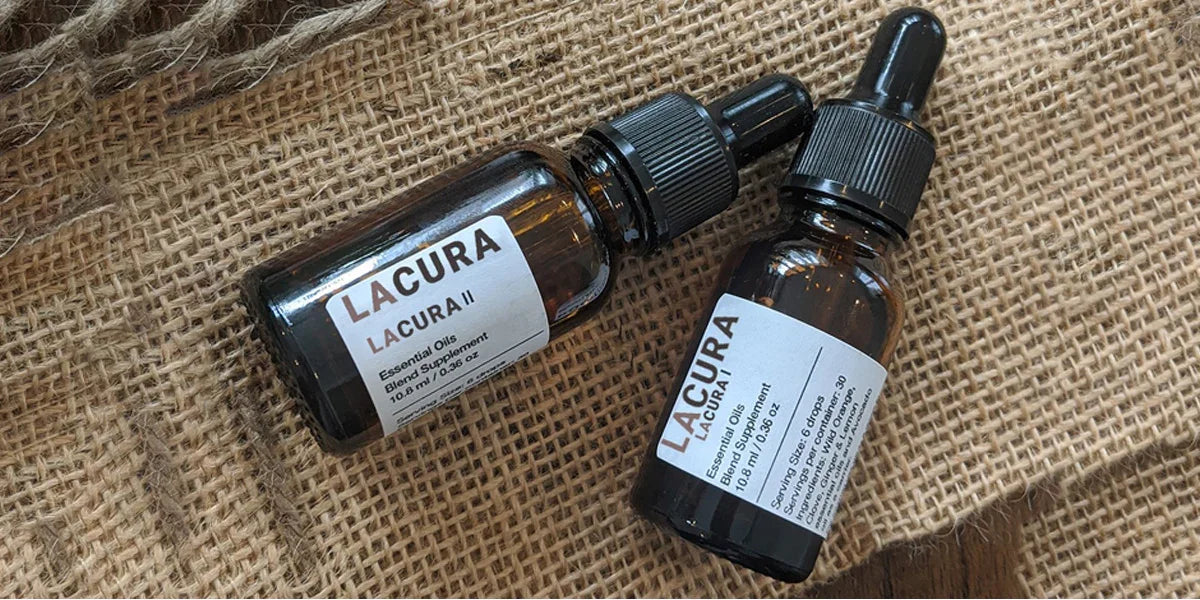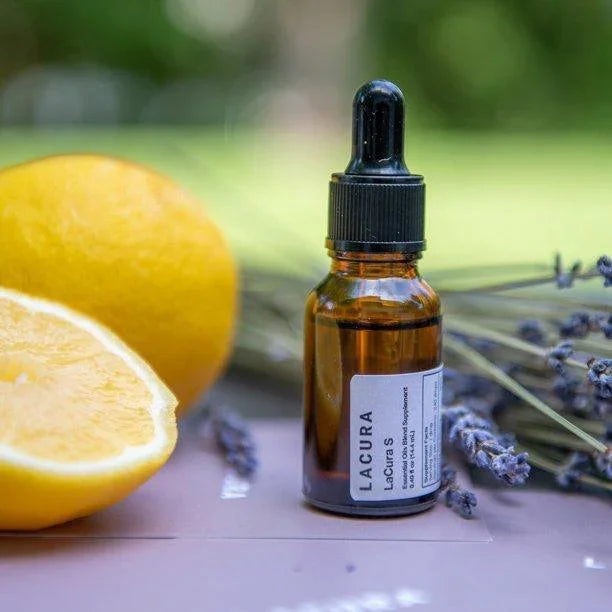A strong immune system is effective at seeking out pathogens in your body and destroying them. This protects you from infections caused by viruses, bacteria, and parasites, reducing the time it takes you to recover from illness and sometimes even preventing you from becoming sick at all. However, your immune system may not always function optimally, as there are several factors that impact how well it is able to fight off infections.
1. Stress and Grief
You may have noticed that you’re more likely to become sick when life is demanding. This is because during times of high stress, your body releases more cortisol, which can suppress your immune system. Plus, stress influences other factors that may also impact your immune system, including sleep patterns, dietary choices, and willingness to exercise. Anxiety can dampen the immune response, whereas chronic stress is linked to many viruses, including the flu.
Grief can have an even more profound impact on your immune system, particularly if you’ve been dealing with the aftermath of a trauma for several months. If you’re struggling to cope, it’s worth talking to a mental health professional to prevent your grief from affecting you physically.
2. Sleep
Your body needs enough sleep to be able to refresh the supply of cells and proteins that kill microbes. For instance, your body only releases proteins called cytokines while you’re asleep. Even if you feel like there’s not enough hours in the day for everything you need to do, it’s important to make sure you sleep enough hours each night for your body.
Furthermore, studies have found that cortisol levels are lower during sleep. This suggests that your immune system is able to work better than while you’re awake.
3. Hygiene
Many of the microbes you encounter enter your body from your hands. In addition to touching your face less, it’s important to wash your hands after any activity that may expose you to pathogens, including after using the bathroom, petting an animal, using cash, coughing, or sneezing. You should also wash your hands before preparing food or eating. In addition, make sure you use the proper technique to thoroughly wash your hands. Spend at least 15 seconds scrubbing with soap and then rinse your hands well.
Maintaining good hygiene in general can also protect you from infection. It’s important to bathe regularly, washing your entire body and putting on clean clothes afterward. You should also brush your teeth twice a day, cover your nose and mouth when you sneeze or cough, and keep your home clean.
4. Nutrition
Your diet is important for every aspect of your health, including your immune system. Various vitamins and minerals are crucial for immune health, especially vitamin D, which you can find in eggs, fish, and fortified foods. You can gain other micronutrients from a balanced diet containing plenty of fruit and vegetables. If you’re concerned that you’re not receiving enough of some micronutrients, top up your levels by taking supplements. In particular, make sure you consume enough vitamins A, C, and E and zinc.
There are also foods you should avoid — most significantly, high-fat foods. This is actually another reason why you should eat more fruits and vegetables: plant-based foods are packed with fiber and help you feel full without increasing your intake of fat. You’ll also need protein in your diet, but you should choose low-fat options, like lean meat and seafood. Reducing your fat intake will maintain the bacteria in your gut that have an important role in immune response. Plus, a low body fat percentage will keep your immune system strong.
5. Sunlight
Another source of vitamin D is sunlight. In fact, you need sunlight for immune health even if you’re receiving enough vitamin D from your diet because sunlight can provide energy to T cells, which are crucial for immune response. Since you only need to spend between five and 15 minutes in the sun two or three times a week in the summer and slightly longer in the winter, you should be able to find time in your schedule.
In fact, just being outside helps your immune system. For example, spending time outdoors can help reduce stress, and you can receive antimicrobial benefits by breathing in phytoncides produced by plants.
6. Exercise
One way to spend more time outdoors is to exercise. Staying physically active can help your immune system ward off infections caused by viruses and bacteria. In particular, aerobic exercise is ideal because it pushes the blood around the body. This helps your immune cells find pathogens and sends proteins to the right places in the body to fight microbes.
7. Medication
Some medications may weaken the immune system, particularly drugs for allergies, arthritis, and lupus. Many of these medications are corticosteroids that treat inflammation. However, you should never change how you take your prescription medication without first talking to your doctor.
8. Smoking
Smoke from cigarettes, vaping, and marijuana can all cause inflammation of the lungs — it’s more than just nicotine that’s bad for you. Smoking regularly can give you breathing problems and cause you to cough up phlegm, which increases your risk of lung infections. Plus, some chemicals in vaping products reduce the ability of your immune system to fight infection. The best way to support your immune system is to give up smoking entirely.
9. Alcohol
Another toxin that can impact your immune response is alcohol. You should stick to no more than one — or a maximum of two — drinks a day. Drinking too much alcohol prevents your immune system from being able to effectively kill microbes for as long as 24 hours. Over time, the impact is even greater, putting you at a higher risk for several serious diseases.
You can also stay healthy by using essential oils to boost immune system function. At LaCura, we have blends specifically designed to be immune boost supplements. Check out our shop now to find the right product for you.






